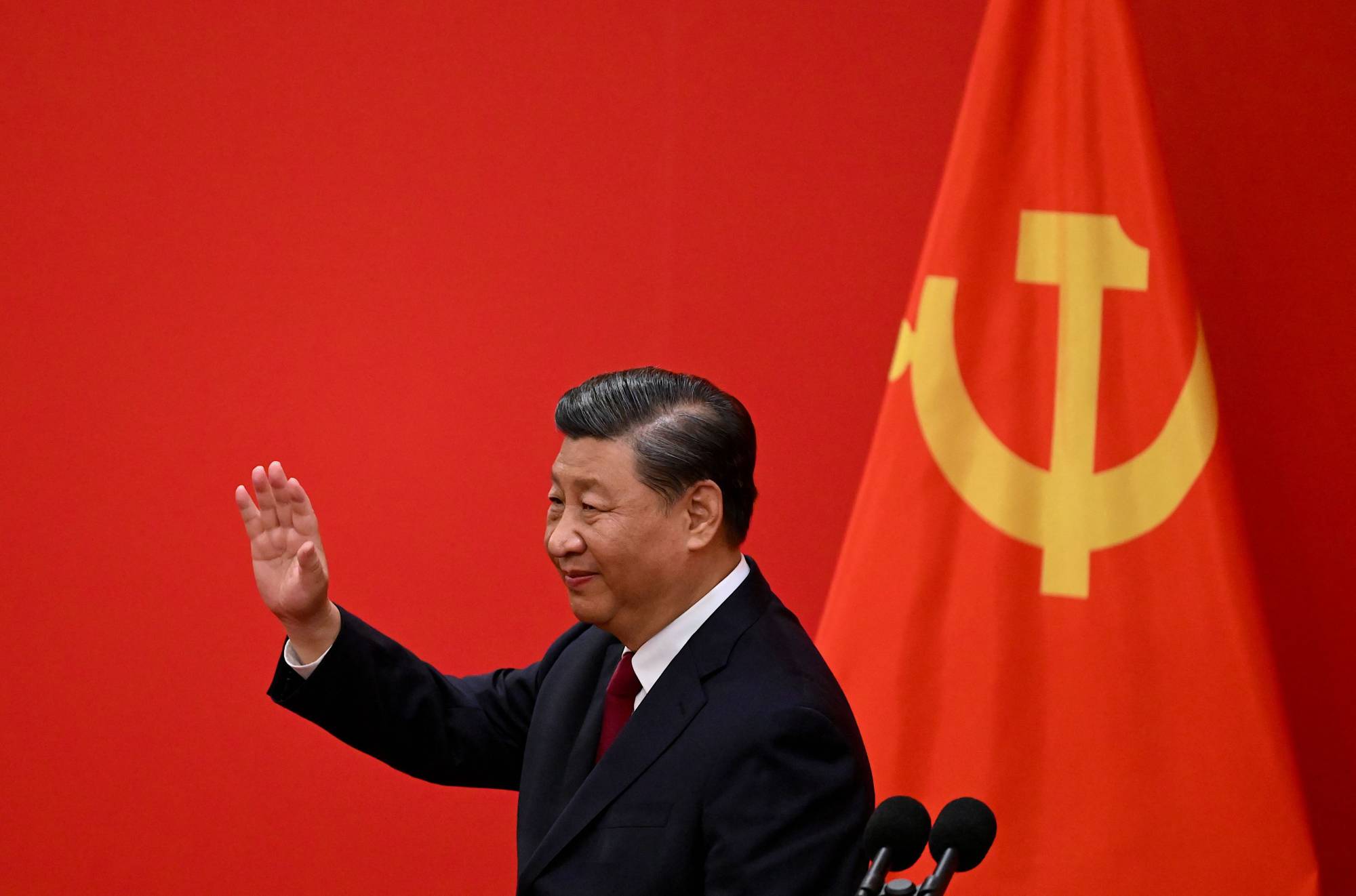The pretence of cooperation is over as Beijing prepares for America’s next president.
China faces significant threats from both Donald Trump and Kamala Harris, as the globe assesses the potential effects of their victories in November’s US presidential election. Undoubtedly, no party appears to desire a confrontation between the two superpowers, as this may trigger an unsettling spiral into worldwide disorder. Regardless of the outcome, Chinese policymakers anticipate intense disagreements on trade, technology, and Taiwan.
By approaching its relations with the US as a whole, China is bracing itself for increased volatility. This entails going beyond the purview of international relations and working with military personnel, economic politicians, and technology leaders in addition to mobilizing resources nationwide. Such a policy is based on the US strategy of containment, which has involved unrelenting efforts in recent years to uphold US technological superiority, restrict China’s access to the global market, and forge an alliance with friends in Asia and beyond to address the “China threat.”
China, feeling besieged, is bracing itself for a protracted war of hostility with the biggest economy in the world. Based on the minutes of the most recent meeting between US national security advisor Jake Sullivan and Chinese foreign minister Wang Yi, Beijing appears to have given up on closer cooperation with the US. Currently, the focus is on outlining the parameters of the rivalry between the two titans.
Beijing’s transition to independence
China has changed its economic model in the process, moving from pursuing growth at all costs to developing an innovative, resilient economy that can withstand protracted geopolitical conflicts. Chinese President Xi Jinping hopes to help restructure the economy and lessen its excessive reliance on the real estate industry by boosting local innovation. This significant reform received final approval at the just-completed third plenum of the 20th Communist Party of China (CPC) Central Committee.
Technology superiority and scientific progress are two more of Xi’s main strategic objectives. China is keen to become a worldwide leader in some IT areas and has placed a high value on enhancing its innovative capabilities. However, specific US sanctions aimed at Chinese IT firms and individuals have impeded these attempts, serving their intended purpose.
In Sino-American ties, trade and investment have long been viewed as stabilizing factors. However, because of rising economic competitiveness and the country’s shift from a low-end, export-led growth model to a high-end, technology-driven economy, their concrete benefits to bilateral connections have become less apparent to Chinese officials, who are now placing less emphasis on them. Conversely, China’s quick advancement in the production of semiconductors and electric cars has increased trade tensions with the US. More tensions are unavoidable since Beijing is unlikely to give up on its goal of becoming the world leader in high-end manufacturing in order to revive its economy.
Taiwan
In the relationship between the US and China, Taiwan remains the most delicate topic. Given Taiwan’s new pro-independence government, Chinese strategists generally view the current state of affairs as unstable, even though China has not formally changed the wording of its policy. China will probably switch to more aggressive deterrence against Taiwan’s government and the US as a result of this. The conditions are set for a conflict in the Taiwan Strait with the United States bolstering its deterrent actions against China.
In order to avert the worst-case situation, Xi ought to have frequent in-person meetings with whoever the US elects in November. China’s primary objective is to prevent any further deterioration of Sino-American relations from impeding economic growth, which is the foundation of the legitimacy of the regime. Therefore, Chinese officials have attempted to lessen the impact of their nation’s rift with the US by increasing their economic and political clout throughout the rest of the globe, particularly in the Global South. This may buy China some time to strengthen its economy and quicken the rate of technological advancement.
Using pragmatism to fuel optimism
Chinese decision-makers are under no illusions that their tense relations with the US will suddenly get better anytime soon, especially because Trump and Harris are competing to sound the harshest on China in the lead-up to the election. However, it would be incorrect to approach the Sino-American relationship with undue pessimism. China’s approach to the US has always been, and will be, the result of thoughtful consideration that balances the requirements of the nation with the status of international affairs. Despite significant changes in the political scene under Xi, that has not changed.
The current increase in interest from both parties in managing relationships appropriately is encouraging. Even though the Sino-American rivalry will not go away suddenly, whoever wins the presidency in 2016 still has the potential to keep the two biggest economies in the world from going to war and the disastrous outcomes that will probably ensue.










